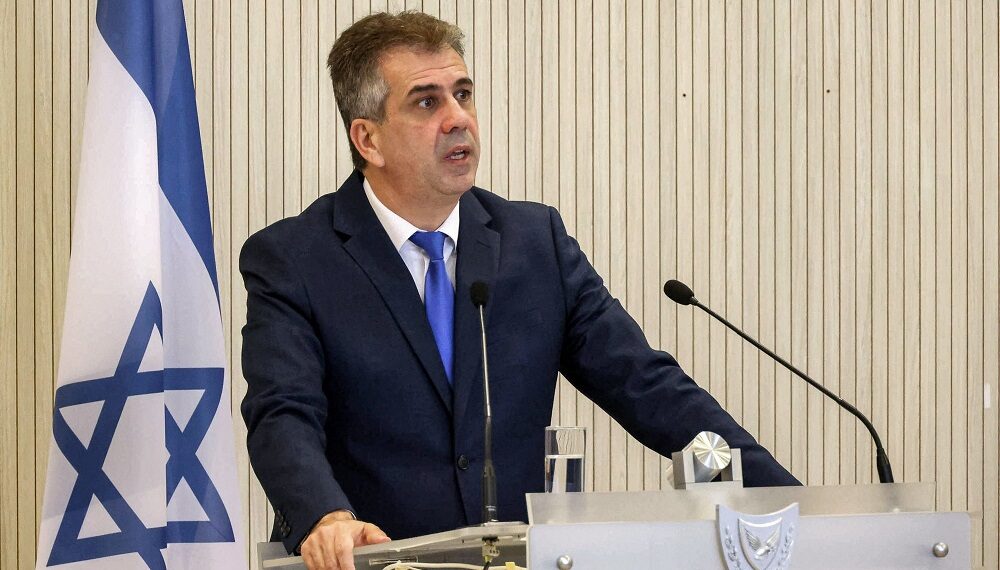Following the revelation of the secret meeting between Israeli foreign minister and his Libyan counterpart last month, which sparked nationwide protests across Libya, experts now fear that Israel’s new efforts for normalization will never bear fruit like before.
In a new report this Sunday, the Times of Israel said that Israeli Foreign Minister Eli Cohen plans to normalize relations with Somalia in order to obtain its vote at the international forums where it has been voting against Israel for years.
The report also noted that Cohen had meetings with the close aides of Somali President Hassan Sheikh Mohamud during the last months to further provide the situation for a normalization deal between Israel and Somalia.
Somalia has never had relations with Israel and has never recognized the Jewish state, nor has it ever allowed Israelis on its soil. In fact, Israel does not have diplomatic relations with any of the East African nations, which have a population of some 11 million combined. This includes Somalia, a mostly Sunni Muslim country and a member of the Arab League.
Back in 2016, Israeli Prime Minister Benjamin Netanyahu met with the Somali president in Nairobi, but since then, only indirect talks have occurred between the two sides.
Somalia media reports last month claimed that President Hassan Sheikh Mohamud recently held contacts with Israeli officials while on a trip to the United Arab Emirates, even flying to Israel, according to one report. These reports were denied.
A spokesperson for Somalia’s president said on Saturday that the government is set to consult parliament on the possibility of establishing diplomatic relations with Israel in the coming weeks.
In addition to Somalia, Cohen is also working hard to normalize relations with Mauritania, Niger and Indonesia and expand the Abraham Accords, a historic deal that saw Israel’s ties normalized between the United Arab Emirates (UAE), Bahrain and Morocco in 2020.
Israel has also been trying lately to include Saudi Arabia into the Abraham Accords. Netanyahu said last month that he was hoping to normalize ties with Riyadh, but the Kingdom has repeatedly insisted that such a move would first require an agreement with the Palestinians.
Cohen efforts already face challenges in and out of Israel
Cohen’s normalization efforts are already facing huge oppositions from inside and outside Israel. According to Hebrew media report, the Israeli National Security Council disagreed with Cohen’s suggestion that Israel should normalize relations with Somalia.
“The head of the National Security Council Tzachi Hanegbi opposes ties with Somalia, pointing out that Israel does not have any interest in ties with one of the most economically deprived countries in the world,” the report said.
But it is not just Israeli politicians who oppose the normalization efforts. Israeli allies, especially including the United States, strongly rebuked Tel Aviv for its latest moves in expanding the Abraham Accords. Tension escalated particularly after revealing news about the secret meeting between Cohen and Libyan counterpart Najla Al-Mangoush two weeks ago.
The revelation by the Israeli Ministry of Foreign Affairs back then about a secret meeting between Cohen and Al-Mangoush in Rome sparked strong internal and external reactions despite the absence of diplomatic relations between the two parties.
This led to Cohen being summoned by the US ambassador to Israel, handing him the US administration’s protest against the leak and accusing the Israeli government of undermining Washington’s efforts to promote normalization with other countries. The Libyan public’s anger and rejection of normalization with Israel in all its aspects, and the buzz created by this leak is expected to overshadow normalizations efforts at least for a while.








